Many organizations encourage their employees to learn and grow – so why aren’t they all successful? Well, the reality is that a learning culture requires more effort than proud platitudes.
Learning is a riotous enterprise. There is uncertainty, risk, and failure. Learning culture does not attempt to alter this fact, instead, it encourages experimentation and allows this energy to shape every structure and process within an organization. By acknowledging and accounting for mistakes, employees can take innovative risks, learn from their failures and come up with new approaches for solving problems. Innovation is not possible without failure. However, rules and regulations that discourage risk, and punish or embarrass employees for making mistakes impede experimentation, innovation, and success.
Psychological Safety
According to research conducted by Google, being able to take risks without feeling embarrassed by mistakes is crucial to success. This is considered psychological safety, and the study explains that “individuals on teams with higher psychological safety are less likely to leave the company, they’re more likely to harness the power of diverse ideas from their teammates, they bring in more revenue, and they’re rated effective twice as often by executives.”
Psychological safety is paramount to cultivating a lucrative learning culture. By acknowledging the importance of employee mental health and creating a tolerant work environment, more individuals are likely to contribute to the continuous learning process. With full employee participation, organizations are better equipped to adapt to both new and changing industry environments.
Industry Adaptability
To quote the Greek philosopher Heraclitus, “the only thing that is constant is change.” This sentiment resonates strongly in the digital marketing industry, where technology sets the pace for change and it’s certainly not a slow ride. Digital marketing organizations must embrace new technologies and be capable of pivoting and adapting to new strategies constantly. If they don’t, they fail to remain relevant.
Adaptability is more important than ever before due to the COVID-19 outbreak. Industry environments can change at the drop of a dime, and leveraging a diverse and knowledgeable workforce can be the difference between an organization’s ability to adapt, or not.
How to Embrace a Learning Culture
Establishing a learning culture in an organization has to start at the top. By clearly communicating values, providing easy access to learning, allowing for mistakes, and rewarding success, leadership can begin to embrace a learning culture that promotes innovation within their organization. While encouraging educational opportunities is a great start, there must be tangible time set aside for learning and development during working hours.
Without prioritized time for education, everyday work emergencies will always trump optional learning opportunities. This includes formalizing training and development plans for each employee, with corresponding training courses or educational initiatives. In order for training and development plans to be taken seriously and be given equal weight to traditional work, they must be accompanied by a formal follow-up process.
Encourage Experimentation
To make learning easy and accessible, facilitate workshops to share employee learnings and expense educational courses and materials. By emboldening employees to learn and experiment with new approaches to problem solving, organizations can demonstrate their appreciation for innovation. However, it is important to protect the psychological safety of employees when encouraging experimentation. This means respecting the fact that mistakes will occur, and not penalizing or embarrassing employees when the time comes.
Recognizing and rewarding effort is a meaningful way to show employees that their efforts aren’t wasted. If they complete a course, learn a new skill, or tackle a problem in a unique way, acknowledge their success and provide some sort of reward. This inspires others to contribute to the learning process and aids in building the community necessary for a learning culture.
How Obility Supports a Learning Culture
Obility culture was founded on five main values: accountability, autonomy, fun, innovation, and respect. By embodying these values, each employee can feel comfortable and safe sharing their opinions, collaborating with coworkers and experimenting with new approaches to solving roadblocks. With experimentation driving innovation, mistakes are bound to occur along the way. However, cooperation and respect allow these mistakes to be addressed in a productive manner, and lead to more efficient and innovative strategies to solve business problems.
Learning Workshops
Continuous learning and experimentation are not only encouraged, but they are also given tangible platforms for expression on a weekly, bi-weekly and quarterly basis. For instance, individuals can refine their presentation skills and share their learnings and experiments through workshop Wednesdays (weekly workshops to share knowledge, training and demos), team meetings and quarterly initiatives. Since most employees are autodidacts adept at learning, these presentations offer the opportunity to share their unique skills and elevate company learning as a whole.
Personal and Professional Development Plans
In addition, employees collaborate with their managers to create personal and professional development plans that support continuous learning and reward experimentation. By facilitating experimentation and prioritizing education, Obility is able to provide original solutions to meet individual client needs. Exposing each tactician to different departmental practices also allows them to inform their strategies with cross-channel knowledge and devise comprehensive solutions that routinely surpass industry standards.
Dedicated Learning Budgets
Obility also offers a “book buying” program for employees, where avid readers can order any industry-related books on the company’s dime. Obility acknowledges the need for additional learning resources and provides supervisors with a dedicated conference and learning budget for their teams. By putting this budget in the hands of front line supervisors instead of directors and higher-level executives, there is a faster approval process and a greater incentive for teams to spend their budgets and attend conferences, pursue certifications, and enroll in courses to expand their knowledge.
Obility is always looking for curious minds to join the team and contribute to the learning culture that shapes our success. Learn more about our current job opportunities.
